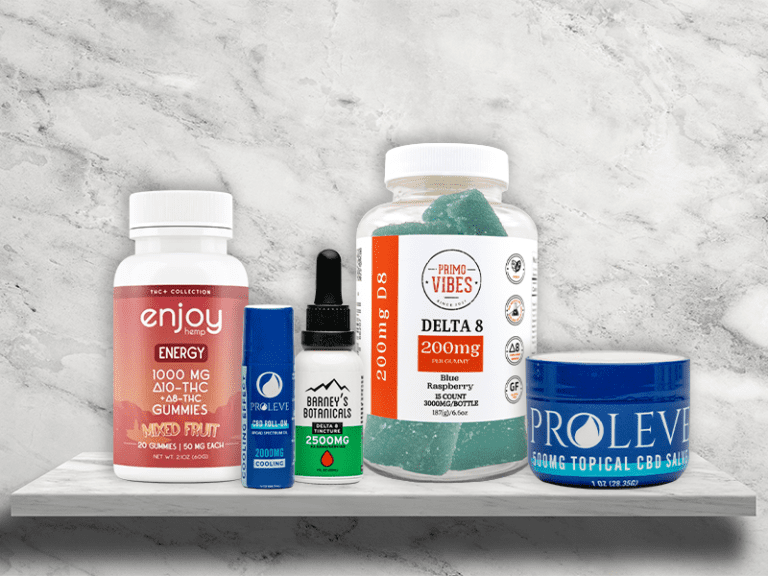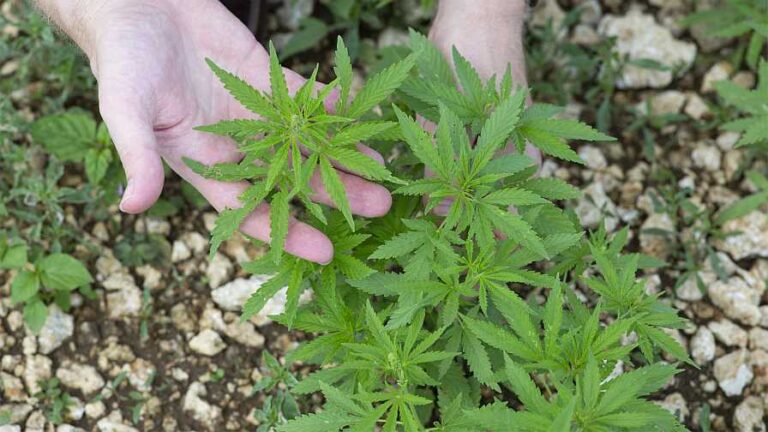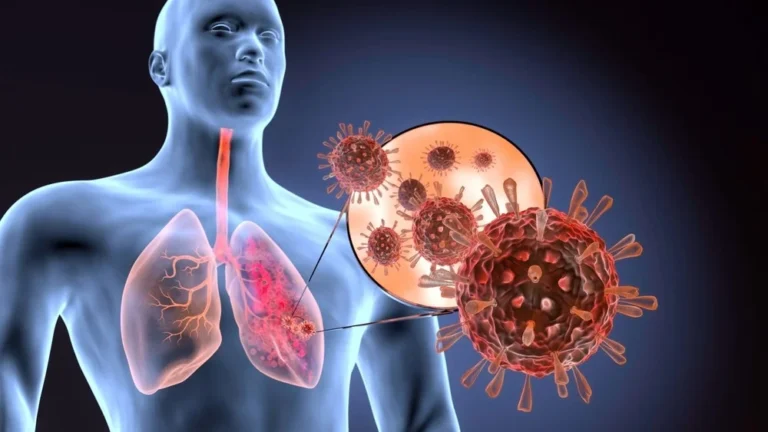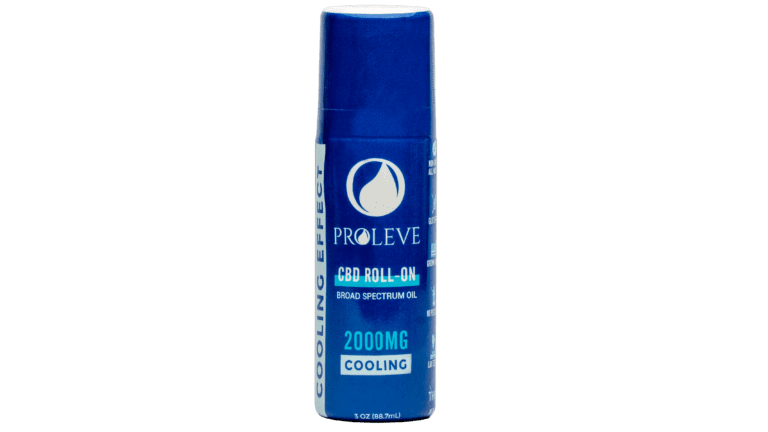Who Should Avoid Taking CBD?
s CBD (cannabidiol) grows in popularity for its potential health benefits, more people are incorporating it into their wellness routines. CBD, derived from the cannabis plant, is non-psychoactive and has been praised for its ability to help with anxiety, pain relief, inflammation, and even sleep disorders. However, while many people enjoy the potential benefits of CBD, it’s not suitable for everyone. There are certain individuals and groups who should be cautious or even avoid taking CBD altogether.
Here’s a closer look at who should avoid taking CBD and why.
During pregnancy and breastfeeding, mothers need to be particularly cautious about what they consume, as substances can impact the developing baby.
The FDA recommends avoiding CBD during these periods because there is not enough conclusive research on its potential effects on fetal development or newborns. While some studies suggest that cannabinoids may influence brain development in fetuses, no comprehensive research has definitively proven the safety of CBD for pregnant or breastfeeding women.
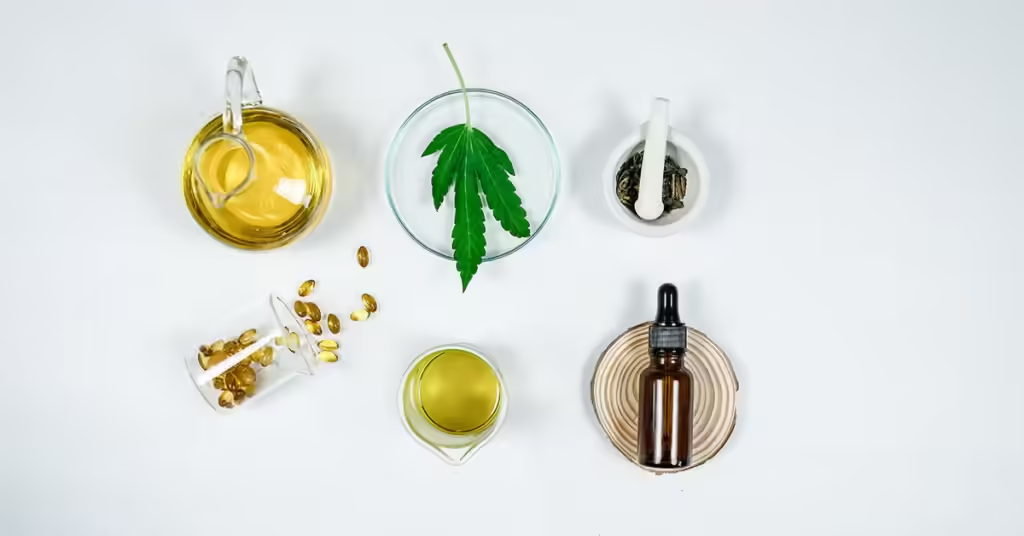
People taking certain medications should be cautious when using CBD, as it can interact with prescription drugs. Since CBD is metabolized in the liver by the same enzyme that processes many medications, it can alter how these drugs are broken down, potentially affecting their efficacy or causing side effects. This can lead to unintended consequences, such as an increased risk of bleeding when taken with blood thinners, altered effectiveness of anti-seizure medications, or excessive drowsiness when combined with antidepressants or anxiety medications. If you’re on any prescription medication, it’s essential to consult with a healthcare provider before adding CBD to your regimen.
For individuals with liver conditions, CBD use could potentially worsen their health. Since the liver processes CBD, people with compromised liver function or liver disease might experience increased liver stress or damage, particularly with higher doses of CBD. It’s important to speak with a doctor before using CBD if you have any liver-related issues.
While CBD has been FDA-approved for treating certain types of epilepsy in children, its general use in young people is not yet fully understood. Long-term effects remain unclear, and it’s important to only give CBD to children under medical supervision. More research is needed before it can be recommended for regular use, especially for non-medical purposes.
People with low blood pressure or hypotension should also be careful. CBD’s relaxing effect on blood vessels can lower blood pressure, which may exacerbate existing conditions or cause dizziness and fainting. Those managing low blood pressure with medications should speak to a doctor before trying CBD.
In rare cases, some individuals may be allergic to CBD or ingredients in CBD products, like carrier oils. Allergic reactions can range from mild to severe, and those with a history of allergies to cannabis or related plants should either avoid CBD or consult a healthcare professional beforehand.
Individuals with a history of substance abuse might want to exercise caution with CBD. Although it doesn’t cause a “high” like THC, some may feel the need to increase their dosage over time, leading to potential dependency. For those in recovery, any supplement with even minimal mind-altering effects should be used carefully and discussed with a healthcare provider.
While many people benefit from using CBD, it may not be suitable for everyone. Pregnant or breastfeeding women, individuals on certain medications, children, and those with specific health conditions should approach CBD with caution or avoid it altogether. If you’re unsure whether CBD is right for you, it’s always best to consult your doctor before introducing it into your health routine.
By understanding these risks, you can make informed decisions and safely explore whether CBD is the right choice for your wellness journey.

